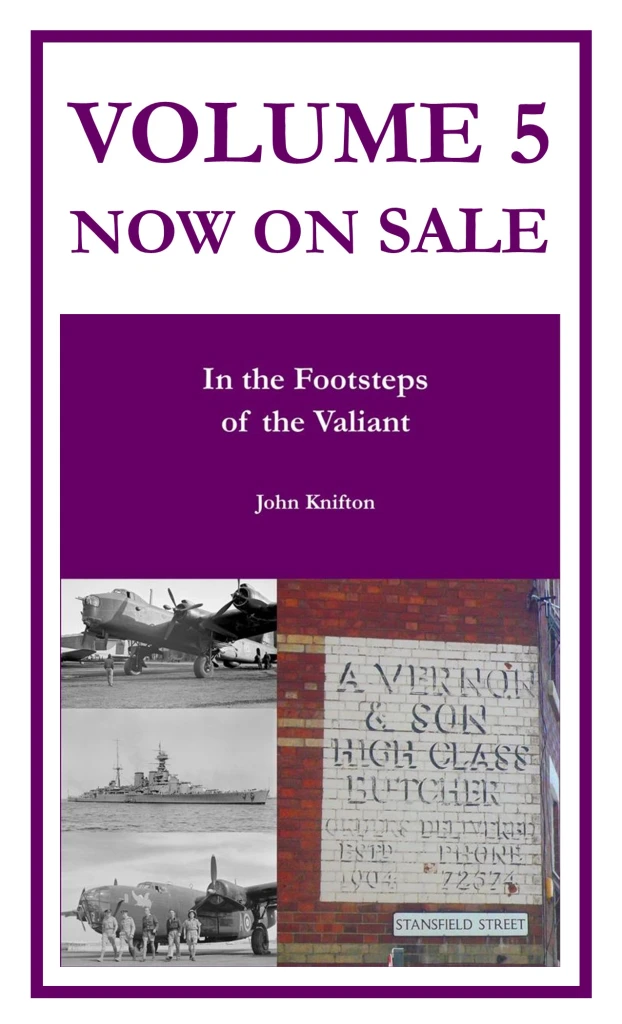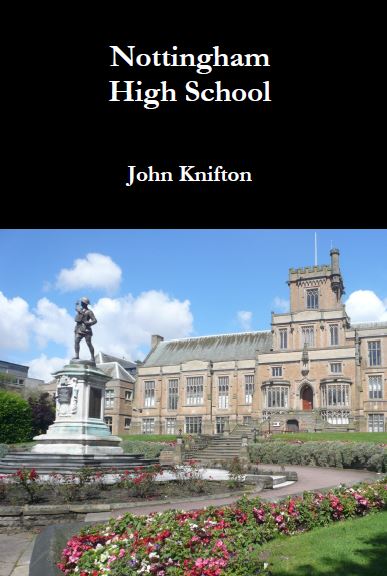As I mentioned in my two previous blog posts, Roy Irons’ book “The Relentless Offensive: War and Bomber Command” is one of the most informative I have ever read about the RAF’s bombing offensive over Germany, and the man from Southern Rhodesia in charge of it, Arthur Harris:
In the early years of the conflict, of course, the biggest problem faced by the RAF was that most fundamental of questions, namely whether the somewhat second rate aircraft of Bomber Command were actually hitting their targets in Germany:
An early attempt to find out the answer to that rather basic question was the Butt report, which examined night bombing by the RAF in as much detail as possible, and produced its rather disappointing conclusion in early August 1941.
The Butt Report discovered, for example, that most bombs dropped at night did not fall within five miles of their target. At the same time, though, the huge losses of aircraft and aircrew during daylight raids in 1939-1940 meant that the RAF could not possibly switch to that approach as a method of bombing the enemy with any claim to accuracy.
The only solution, therefore, was to continue with bombing at night, but, instead of worrying about civilian casualties, to pursue the Luftwaffe’s own tactic of bombing a whole area, rather than a specific target. Churchill and his war cabinet immediately ordered this change in policy from specific targets such as a factory or a railway junction, to the general bombing of an entire part of a city or town.
Area bombing, of course, could be extremely effective. It flattened the factories of the Third Reich and it destroyed the homes of the workers who worked there:
A new leader was appointed at Bomber Command to implement Churchill’s policy and to develop the tactics and technology to carry out the task more effectively. That man was Sir Arthur Harris, commonly known as “Bomber” Harris by the press and often within the RAF as “Butcher”. Harris was the most forthright of men and he did not suffer fools gladly:
Harris’ brief was to kill Germans. Anybody or anything which impaired the RAF’s ability to do this, he would subject to a severe tongue lashing. Even his ordinary opinions were extremely forthright, although there is little to fault in his thoughts about the conflict and what we had to do:
“War. The only thing that matters is that you win. You bloody well win !”
Such directness was why Harris ended up so hated by so many of his upper class superiors. He was, though, adored by the men under him, the “Old Lags” as he called them. Harris committed the cardinal sin of telling a large number of people, particularly those who outranked him, just how useless they were.
We have already looked at the problem of dropping bombs by night on, for example, the Gelsenkirchen tank factory and destroying it completely, but causing no damage whatsoever to the Gelsenkirchen Tea and Coffee shop next door.
That dilly of a pickle was solved, eventually, not just by the introduction of area bombing, but by improvements in the RAF’s technology and by training navigators until they knew what they were doing:
At the same time, another major problem was that enormous numbers of bombers were being shot down, either by flak or by nightfighters. This in turn, deprived Bomber Command not only of an expensive aircraft, but of a trained pilot, a trained navigator, a trained bomb aimer and any number of trained gunners and so on:
Many of these problems came from the fact that all British bombers were defending themselves with 0·303 guns, that is to say, guns of exactly the same calibre as an ordinary soldier’s rifle. In the 1920s, a lecturer at the RAF Staff College showed perhaps just how confused thinking was on this subject. Try as I might, I can make no sense of what he said:
“The aircraft gun is not likely to be required to penetrate armour and a couple of 0·5 inch bullets in a pilot will incapacitate him as much as the fragment of a one and a half pound shell. On the other hand a 0·303 bullet has but little effect on any aeroplane.”
Strange arguments, but whatever point is being made here, it is clear that the enemy pilot was being viewed as the target of the bomber’s defensive fire rather than his aircraft. All that was needed to hurt him was a rifle bullet, so the 0·303 gun was chosen. Here are the three turrets of a Lancaster:
The official explanation for keeping the 0·303 guns was that eight 0·5 cannons, firing deadly explosive shells, were too heavy to be carried and would compromise the Lancaster’s bombload. Furthermore, the weight of the stored ammunition for the cannons would always affect the centre of gravity of the aircraft. That latter point is ridiculous, of course, because, in his design of any future bomber, the designer would automatically make due allowance for the weight of the ammunition, including any changes in that weight as the ammunition was used.
Not connected with this book by Roy Irons are the almost irresistible stories of aircrew using their initiative to protect themselves. Somewhere I have read of turrets being taken from the B-24 Liberator and used as rear turrets on Lancasters. Somewhere else I am reasonably sure that I have heard of unofficial swaps between the turrets from Lancasters and the turrets from Vickers Wellingtons.
Whatever the truth of this, The RAF did order 600 Rose turrets in June 1944. They were equipped with the two of the standard American defensive weapons used in the turrets of the B-17 Flying Fortress and the B-24 Liberator:
The weapon in question was the American light-barrel Browning ·50-calibre AN/M2 heavy machine gun. Four hundred turrets were completed by the end of the war although only a mere one hundred and eighty were fitted. Typical of Harris’ remarks was his statement that:
“this turret was the only improvement made to the defensive armament of the RAF’s heavy bombers after 1942, and those responsible for turret design and production have displayed an extraordinary disregard for Bomber Command’s requirements”.





































